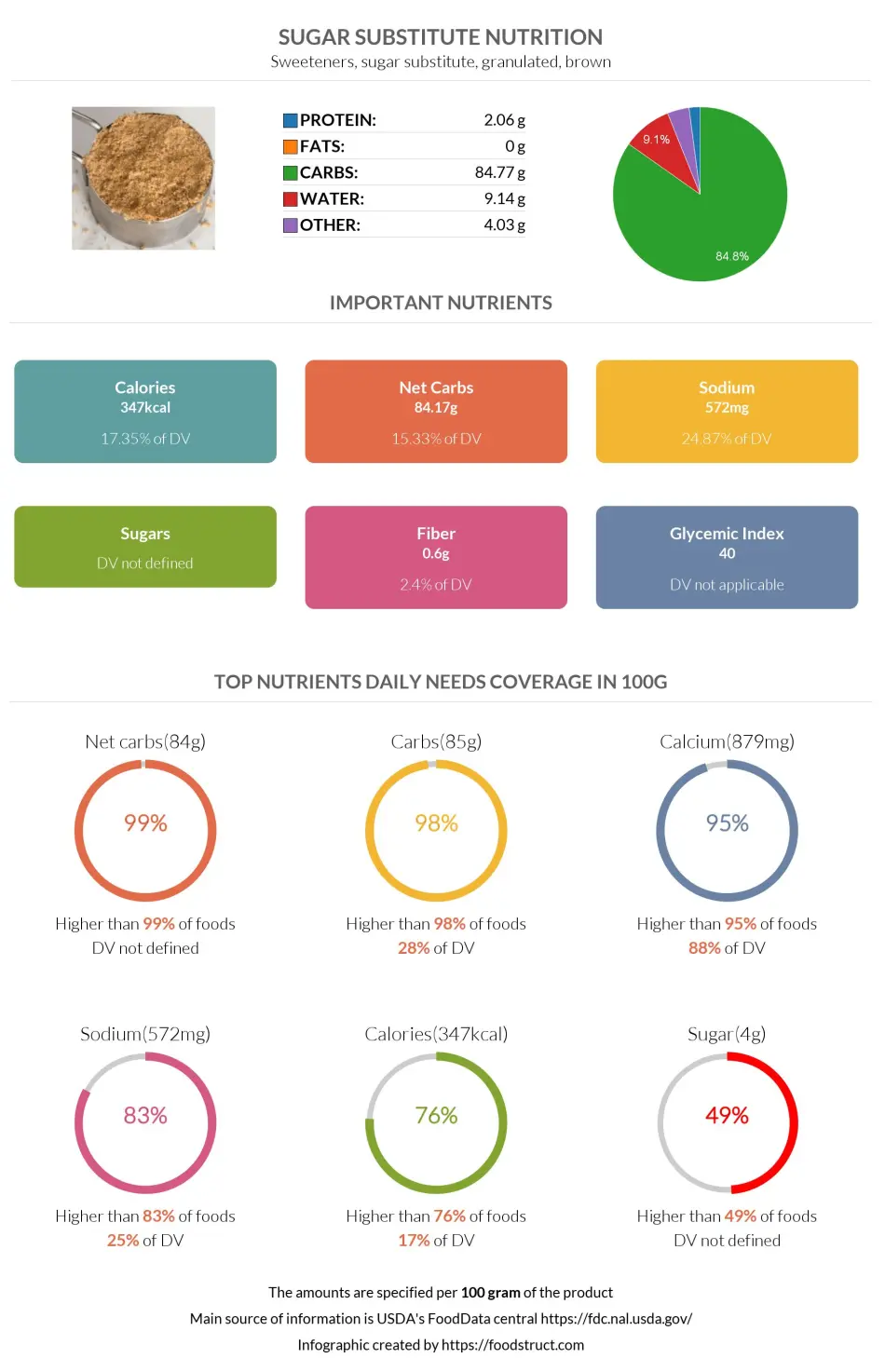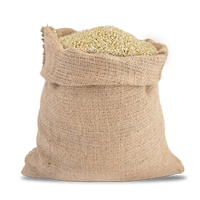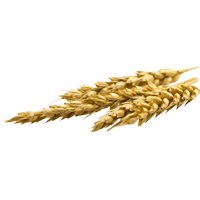Sugar substitute nutrition: calories, carbs, GI, protein, fiber, fats
Sweeteners, sugar substitute, granulated, brown
*all the values are displayed for the amount of 100 grams
Top nutrition facts for Sugar substitute

| Calories ⓘ Calories for selected serving | 347 kcal |
|
Glycemic index ⓘ
Source: The GI for brown sugar.
Depends on the sugar substitute. This one has a GI of 22 https://www.researchgate.net/publication/321664315
Check out our Glycemic index chart page for the full list.
|
40 (low) |
| Insulin index ⓘ https://pubmed.ncbi.nlm.nih.gov/19087388/ – II for maltitol is 35 | 35 |
| Net Carbs ⓘ Net Carbs = Total Carbohydrates – Fiber – Sugar Alcohols | 84 grams |
| Default serving size ⓘ Serving sizes are mostly taken from FDA's Reference Amounts Customarily Consumed (RACCs) | 1 tsp (0.5 grams) |
| Acidity (Based on PRAL) ⓘ PRAL (Potential renal acid load) is calculated using a formula. On the PRAL scale the higher the positive value, the more is the acidifying effect on the body. The lower the negative value, the higher the alkalinity of the food. 0 is neutral. | -11.1 (alkaline) |
Sugar substitute calories (kcal)
| Calories for different serving sizes of sugar substitute | Calories | Weight |
|---|---|---|
| Calories in 100 grams | 347 | |
| Calories in 1 tsp | 2 | 0.5 g |
| Calories in 1 cup | 80 | 23 g |
Sugar substitute Glycemic index (GI)
Source:
The GI for brown sugar.
Depends on the sugar substitute. This one has a GI of 22 https://www.researchgate.net/publication/321664315
Check out our Glycemic index chart page for the full list.
Mineral coverage chart
Mineral chart - relative view
Vitamin coverage chart
Vitamin A:
0µg of 900µg
0%
Vitamin E:
0mg of 15mg
0%
Vitamin D:
0µg of 20µg
0%
Vitamin C:
0mg of 90mg
0%
Vitamin B1:
0.05mg of 1mg
3.8%
Vitamin B2:
0.05mg of 1mg
3.5%
Vitamin B3:
0mg of 16mg
0%
Vitamin B5:
0.24mg of 5mg
4.8%
Vitamin B6:
0.05mg of 1mg
3.5%
Folate:
0µg of 400µg
0%
Vitamin B12:
0µg of 2µg
0%
Vitamin K:
0µg of 120µg
0%
Vitamin chart - relative view
Macronutrients chart
Protein:
Daily Value: 4%
2.1 g of 50 g
2.1 g (4% of DV )
Fats:
Daily Value: 0%
0 g of 65 g
0 g (0% of DV )
Carbs:
Daily Value: 28%
84.8 g of 300 g
84.8 g (28% of DV )
Water:
Daily Value: 0%
9.1 g of 2,000 g
9.1 g (0% of DV )
Other:
4 g
4 g
Carbohydrate type breakdown
Starch:
3.5 g
Sucrose:
0 g
Glucose:
1.1 g
Fructose:
0 g
Lactose:
0 g
Maltose:
2.9 g
Galactose:
0 g
Fiber content ratio for Sugar substitute
Sugar:
4 g
Fiber:
0.6 g
Other:
80 g
All nutrients for Sugar substitute per 100g
| Nutrient | Value | DV% | In TOP % of foods | Comparison |
| Calories | 347kcal | 17% | 24% |
7.4 times more than Orange
|
| Protein | 2.1g | 5% | 77% |
1.4 times less than Broccoli
|
| Fats | 0g | 0% | 100% |
N/A
|
| Net carbs | 84g | N/A | 1% |
1.6 times more than Chocolate
|
| Carbs | 85g | 28% | 2% |
3 times more than Rice
|
| Magnesium | 6mg | 1% | 90% |
23.3 times less than Almonds
|
| Calcium | 879mg | 88% | 5% |
7 times more than Milk
|
| Potassium | 39mg | 1% | 93% |
3.8 times less than Cucumber
|
| Iron | 0.16mg | 2% | 90% |
16.3 times less than Beef broiled
|
| Sugar | 4g | N/A | 51% |
2.2 times less than Coca-Cola
|
| Fiber | 0.6g | 2% | 55% |
4 times less than Orange
|
| Copper | 0.01mg | 1% | 96% |
20.3 times less than Shiitake
|
| Zinc | 0.04mg | 0% | 95% |
157.8 times less than Beef broiled
|
| Starch | 3.5g | 1% | 95% |
4.3 times less than Potato
|
| Phosphorus | 8mg | 1% | 94% |
22.8 times less than Chicken meat
|
| Sodium | 572mg | 25% | 17% |
1.2 times more than White bread
|
| Manganese | 0.02mg | 1% | 75% | |
| Vitamin B1 | 0.02mg | 1% | 90% |
17.7 times less than Pea raw
|
| Vitamin B2 | 0.02mg | 1% | 94% |
8.7 times less than Avocado
|
| Vitamin B5 | 0.08mg | 2% | 91% |
14.1 times less than Sunflower seeds
|
| Vitamin B6 | 0.02mg | 1% | 93% |
7.9 times less than Oats
|
| Fructose | 0g | 0% | 100% |
N/A
|
Check out similar food or compare with current
NUTRITION FACTS LABEL
Nutrition Facts
___servings per container
Serving Size ______________
Serving Size ______________
Amount Per 100g
Calories 347
% Daily Value*
0
Total Fat
0g
0
Saturated Fat 0g
0
Trans Fat
0g
0
Cholesterol 0mg
25%
Sodium 572mg
28%
Total Carbohydrate
85g
2.4%
Dietary Fiber
0.6g
Total Sugars 0g
Includes ? g Added Sugars
Protein
2.1g
Vitamin D
0mcg
0
Calcium
879mg
88%
Iron
0.16mg
2%
Potassium
39mg
1.1%
*
The % Daily Value (DV) tells you how much a nutrient in a serving of food contributes to a daily diet. 2,000 calories a day is used for general nutrition advice.
Health checks
ⓘ
Dietary cholesterol is not associated with an increased risk of coronary heart disease in healthy individuals. However, dietary cholesterol is common in foods that are high in harmful saturated fats.
Source
Low in Cholesterol
ⓘ
Trans fat consumption increases the risk of cardiovascular disease and mortality by negatively affecting blood lipid levels.
Source
No Trans Fats
ⓘ
Saturated fat intake can raise total cholesterol and LDL (low-density lipoprotein) levels, leading to an increased risk of atherosclerosis. Dietary guidelines recommend limiting saturated fats to under 10% of calories a day.
Source
Low in Saturated Fats
ⓘ
While the consumption of moderate amounts of added sugars is not detrimental to health, an excessive intake can increase the risk of obesity, and therefore, diabetes.
Source
Low in Sugars
Sugar substitute nutrition infographic

Infographic link
References
All the values for which the sources are not specified explicitly are taken from FDA’s Food Central. The exact link to the food presented on this page can be found below.


